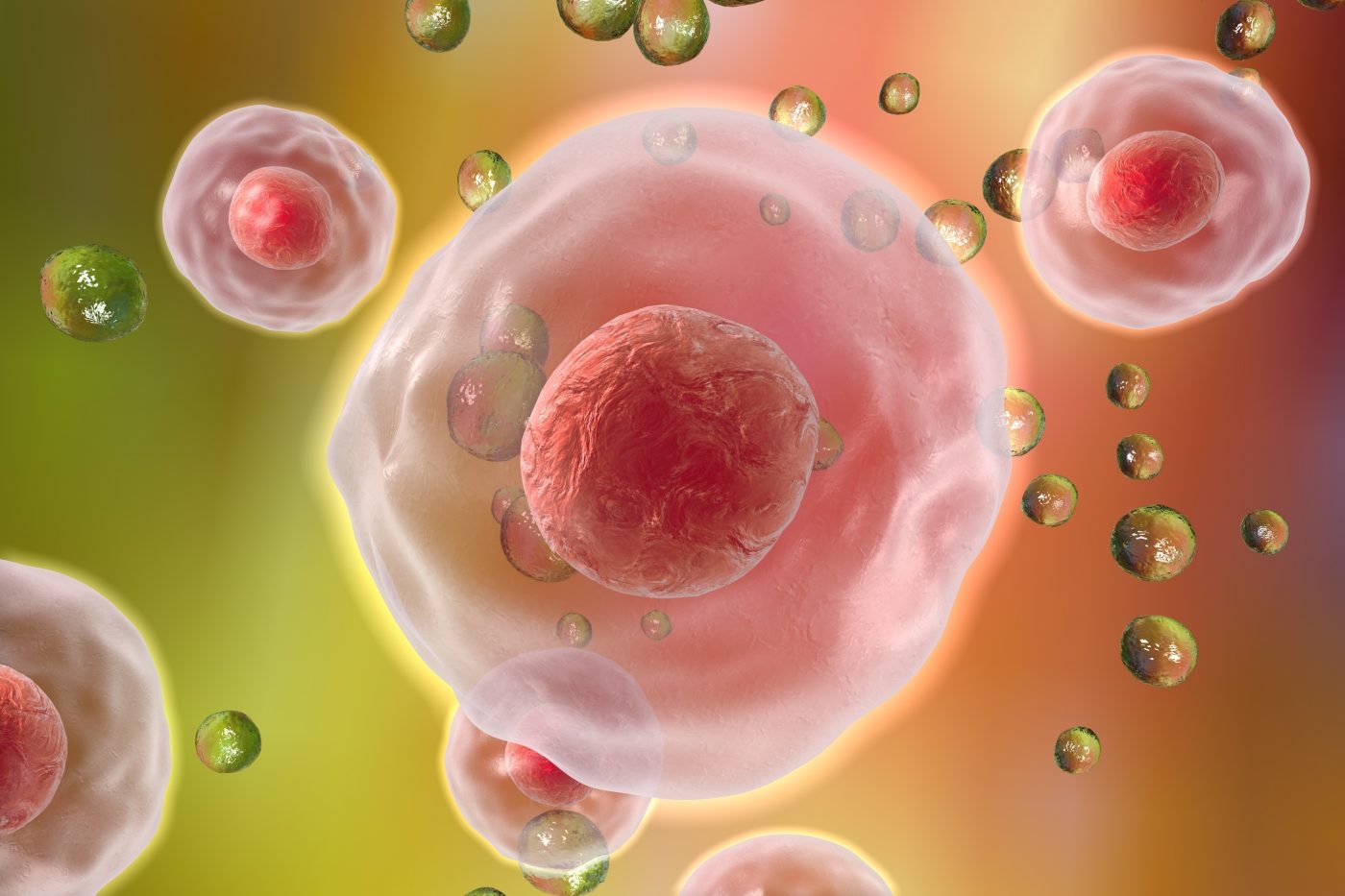DMD Study in Mice Suggests an Osteopontin Blocker Would Improve Muscle Strength and Ease Disease Symptoms
Written by |

Mice lacking the immunomodulatory protein osteopontin have fewer Duchenne muscular dystrophy (DMD) symptoms, a finding researchers attributed to a switch in macrophage subsets. The study supports the notion that DMD patients could benefit from treatment with osteopontin blockers.
Scientists know that immune cells, recruited to damaged muscles to initiate repair, ultimately end up contributing to the disease processes of DMD through an inadequate regenerative capacity — inducing fibrosis in muscles.
Osteopontin, a factor mediating immune responses, is increased in muscles of DMD patients. Researchers at the David Geffen School of Medicine at University of California, Los Angeles, have previously shown that when osteopontin is removed from a DMD mouse model, symptoms improve. These mice also have less fibrosis and show signs of improved muscle regeneration.
How the lack of osteopontin achieves this, however, has eluded scientists. The UCLA research team, led by Melissa Spencer and Irina Kramerova, explored what kind of immune cells were present in the osteopontin-free mouse.
The study, “Osteopontin ablation ameliorates muscular dystrophy by shifting macrophages to a pro-regenerative phenotype,“ published in The Journal of Cell Biology, found that when the factor was missing, other types of immune macrophages were produced.
Mice in a DMD model usually have high numbers of M1 and M2a macrophages in their muscles, cell types that are tied to inflammation and fibrosis in the muscles. But the DMD mice without osteopontin had a larger amount of M2c macrophages, which scientists think trigger tissue repair.
The presence of the M2c cell type was mirrored by larger and stronger muscles in the DMD mice. The lack of osteopontin could not entirely restore muscle function in these animals, but the study’s authors believe there is a place for osteopontin blockers in DMD therapy.
“We anticipate that osteopontin inhibitors could be used in combination with other therapeutic agents to slow disease progression and improve muscle function,” Dr. Spencer, with the Department of Neurology at UCLA and the study’s lead investigator, said in a press release.




